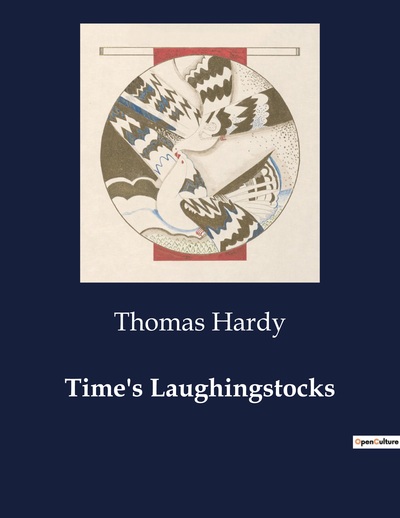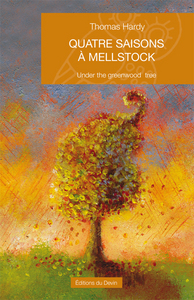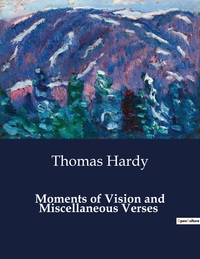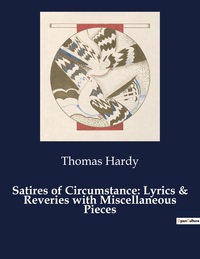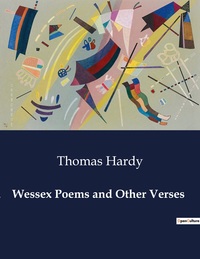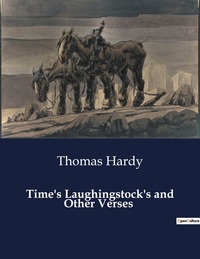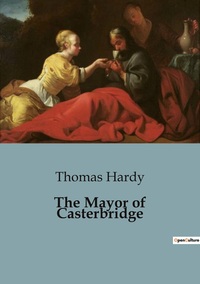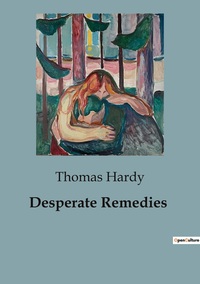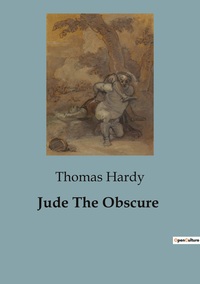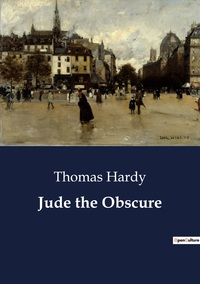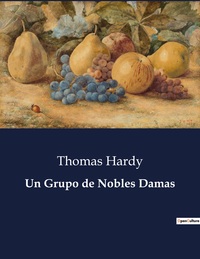Nous utilisons des cookies pour améliorer votre expérience. Pour nous conformer à la nouvelle directive sur la vie privée, nous devons demander votre consentement à l’utilisation de ces cookies. En savoir plus.
Time's Laughingstocks
EAN : 9791041986088
Édition papier
EAN : 9791041986088
Paru le : 24 févr. 2024
12,00 €
11,37 €
Disponible
Pour connaître votre prix et commander, identifiez-vous
Notre engagement qualité
-
 Livraison gratuite
Livraison gratuite
en France sans minimum
de commande -
 Manquants maintenus
Manquants maintenus
en commande
automatiquement -
 Un interlocuteur
Un interlocuteur
unique pour toutes
vos commandes -
 Toutes les licences
Toutes les licences
numériques du marché
au tarif éditeur -
 Assistance téléphonique
Assistance téléphonique
personalisée sur le
numérique -
 Service client
Service client
Du Lundi au vendredi
de 9h à 18h
- EAN13 : 9791041986088
- Réf. éditeur : 335551
- Date Parution : 24 févr. 2024
- Disponibilite : Disponible
- Barème de remise : NS
- Nombre de pages : 44
- Format : H:220 mm L:170 mm E:3 mm
- Poids : 87gr
- Résumé : "Time's Laughingstocks" is a poem by Thomas Hardy that explores the themes of time, love, and the inexorable march of life. Hardy, known for his poignant and reflective poetry, uses this piece to contemplate the transient nature of human existence. The title "Time's Laughingstocks" suggests a sense of mockery or derision from time towards human endeavors. The poem likely delves into the idea that time is indifferent to human joys and sorrows, and it continues to progress regardless of our experiences. Hardy often grapples with the inevitability of change and the impact of time on relationships and emotions. In "Time's Laughingstocks," readers can expect the poet's characteristic use of language and imagery to evoke a contemplative mood, inviting reflection on the complexities of the human experience in the face of an indifferent and ever-moving time.
- Biographie : Thomas Hardy OM (2 June 1840 - 11 January 1928) was an English novelist and poet. A Victorian realist in the tradition of George Eliot, he was influenced both in his novels and in his poetry by Romanticism, including the poetry of William Wordsworth. He was highly critical of much in Victorian society, especially on the declining status of rural people in Britain, such as those from his native South West England. While Hardy wrote poetry throughout his life and regarded himself primarily as a poet, his first collection was not published until 1898. Initially, he gained fame as the author of novels such as Far from the Madding Crowd (1874), The Mayor of Casterbridge (1886), Tess of the d'Urbervilles (1891), and Jude the Obscure (1895). During his lifetime, Hardy's poetry was acclaimed by younger poets (particularly the Georgians) who viewed him as a mentor. After his death his poems were lauded by Ezra Pound, W. H. Auden and Philip Larkin.

